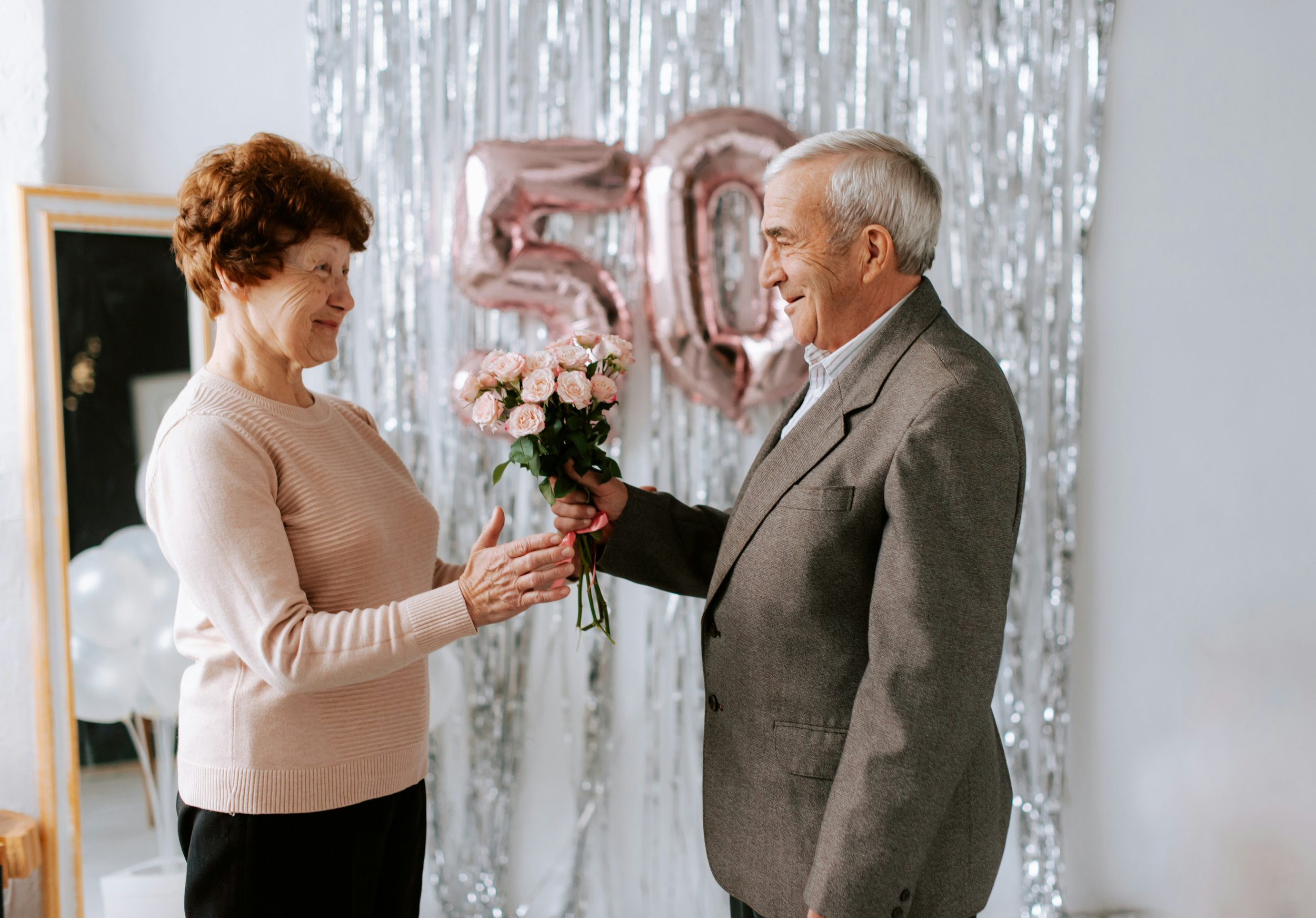Loving Your Partner the Way They Feel Loved
Marriage is one of the most beautiful and refining relationships we can experience. It teaches us about love, selflessness, and grace—but it also stretches us beyond what’s comfortable.
Many of us go into relationships assuming that love should come naturally. That if we are kind, loyal, and give our best, our partner should feel loved. But here’s the challenge—what feels like love to you may not feel like love to them.
A healthy marriage requires learning to love your partner in the way they need it—not just in the way that feels natural or comfortable for you. This means:
✔ Understanding that your experience of love isn’t universal
✔ Recognising that different people have different pain points
✔ Honouring your partner’s boundaries and needs, even when they don’t make sense to you
Let’s break these down and explore how we can love our spouse in a way that deepens connection, rather than causes unintentional hurt.
1. A Healthy Relationship Challenges You to Love in the Way Your Partner Needs, Not Just in the Way That Feels Comfortable to You
Most of us default to showing love in the way that makes sense to us.
If you love words of affirmation, you may assume that compliments and encouragement are the best way to show love. If you value quality time, you may assume that spending time together should be enough to make your partner feel connected.
But love isn’t one-size-fits-all. Real love means learning how your partner best receives love—even when it’s different from how you naturally express it.
✔ Take for exmaple Natalie. She feels loved when her husband spends time with her, but her husband, Jake, feels loved when acts of service are done for him. When Sarah constantly tells him “I love you” but rarely helps with practical things, he doesn’t feel as connected—even though she believes she’s expressing love.
✔ Or Jeremiah. He grew up in a home where playful teasing was a sign of affection. He often jokes with his wife, Amy, assuming it builds connection. But Amy, who grew up in a more sensitive environment, feels dismissed and hurt when he teases her—even though that’s not his intention.
If we truly want to love well, we must ask, listen, and adapt:
What makes my partner feel loved and safe?
Do I assume that what works for me should work for them?
Am I willing to stretch beyond what feels comfortable to me in order to meet their needs?
Marriage thrives not when we love in a way that’s easiest for us, but when we love in a way that actually lands with our partner.
2. Just Because It Doesn’t Hurt You, Doesn’t Mean It Doesn’t Hurt Your Partner
One of the biggest mistakes we make in marriage is assuming that if something wouldn’t upset us, it shouldn’t upset our partner either.
But here’s the truth: Different people have different sensitivities.
Something that rolls off your back may deeply wound your spouse. Dismissing their emotions with “I wouldn’t be upset by that” doesn’t make their feelings invalid—it just shows that you’re using your own experience as the measuring stick for theirs.
✔ Esther grew up in a family that spoke loudly and debated everything at the dinner table. She loves healthy discussion and sees disagreement as normal. But her husband, Ryan, grew up in a home where conflict felt unsafe, so when she raises her voice during a conversation, he feels anxious and shuts down—even though she doesn’t mean any harm.
✔ Noah is very independent and doesn’t need a lot of emotional reassurance. He loves his wife, but he doesn’t always check in throughout the day because he doesn’t personally need that level of connection. But his wife, Jess, feels ignored and disconnected when he doesn’t reach out, even though that’s not his intention.
If your spouse expresses hurt or discomfort, the right response isn’t “That wouldn’t bother me”—it’s “I hear you. Tell me more.”
Love isn’t about whether something makes sense to you. It’s about whether it matters to your partner.
Just because you don’t need something doesn’t mean your spouse doesn’t need it.
Dismissing your partner’s pain as overreacting or irrational doesn’t help—it creates emotional distance.
Real love requires humility. It means saying, “I may not understand why this upsets you, but I respect that it does, and I want to do better.”
3. Respecting Someone’s Boundaries Doesn’t Mean They Have the Same Boundaries as You
One of the greatest acts of love in a marriage is respecting your partner’s boundaries—even when they’re different from yours.
Boundaries aren’t about control. They’re about what someone needs to feel emotionally, mentally, and physically safe.
✔ Alex doesn’t mind checking his phone during dinner—to him, it’s just a quick glance. But his wife, Rachel, sees dinner as sacred connection time, and it deeply bothers her when he’s distracted. If Alex dismisses her by saying, “It’s not a big deal,” he’s prioritising his own boundary over hers.
✔ Megan is comfortable sharing everything with friends, but her husband, Chris, is more private. When she shares personal marriage struggles with others, he feels exposed and betrayed. Megan may not see the problem, but his boundary is different from hers—and it still deserves to be respected.
What This Means for Marriage?
✔ Respecting boundaries means honouring what your spouse needs, not what you think they should need.
✔ Just because you wouldn’t feel hurt by something doesn’t mean they shouldn’t.
✔ Boundaries in marriage aren’t about agreeing on everything—they’re about creating a relationship where both people feel seen, heard, and safe.
The question isn’t, “Do I think this boundary is reasonable?” The question is, “How can I honour what my partner needs, even if it’s different from my perspective?”
At the heart of a thriving marriage is a willingness to grow, stretch, and love beyond what is comfortable.
✔ It’s about learning your partner’s love language, not just assuming they should respond like you.
✔ It’s about taking their pain seriously, even when it wouldn’t hurt you the same way.
✔ It’s about respecting their boundaries, not just your own.
The beauty of marriage is that it shapes us. It teaches us how to love deeply, not just conveniently.
So, the next time you catch yourself thinking, “I wouldn’t need that” or “I wouldn’t be hurt by that”, pause and ask:
“But does my partner need that?”
“Does this hurt them?”
“How can I love them better—even when it stretches me?”
Because true love isn’t just about giving—it’s about giving in a way that is received.
















